
Director of Photography

Director of Photography
Mitsu works in a factory and has a crush on Tsutomu, a young man she met on the Tokyo streets. One day the two go out, and after some deception, Tsutomu manages to have his way with her. Coming from a broken home, he is frightened by love, so he cruelly allows her to wake up alone. A month passes and a more grown-up Tsutomu returns. The lovers joyously reunite and move in together. All is blissful until both notice a strange sore on Mitsu's arm. The doctors diagnose it as leprosy. Without telling Tsutomu, Mitsu checks into a leper sanitarium. Hanging out with society's pariahs gives her much insight. She discovers the old lepers to be wonderful people. In turn, Mitsu becomes their source of joy and renewed hope. Still, she misses her Tsutomu. One day, the doctors inform her that they erred and that the sore is not leprosy. Happily she heads back to her true love until she realizes with a guilty pang that to return to him would mean unhappiness for her newfound friends

Director of Photography
A group of Japanese tourists try to forget their pasts and find themselves in India.

Director of Photography
A headmaster and a novelist, looking for inspiration, regard a strange natural phenomenon before sharing stories of their own.

Director of Photography
Toyoichi Otomo suffers from psychological and spiritual troubles after a horrific industrial accident. He lives with his elderly mother and wife near Mt. Aso in rural Kyushu. He seeks solace in a small religious group run by Buddhist nun Chishu-bo who claims to be the 68th descendant of famed 11th century poet Izumi Shikibu. The members of her sect regard her as a living saint. Yet instead of balming his soul, she riles his libido by playing a sexual cat-and-mouse game with the fragile Toyoichi. When she does bed him, it leads to a miracle healing -- followed by a terrible calamity.
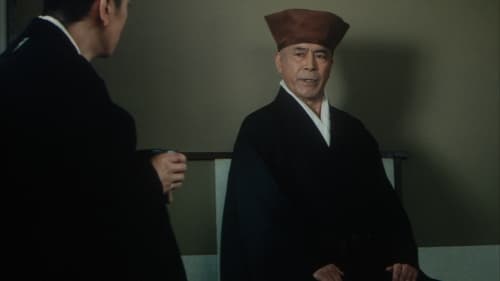
Director of Photography
La muerte de un maestro de té narra el suicidio de un célebre maestro de té nipón del siglo XVI.
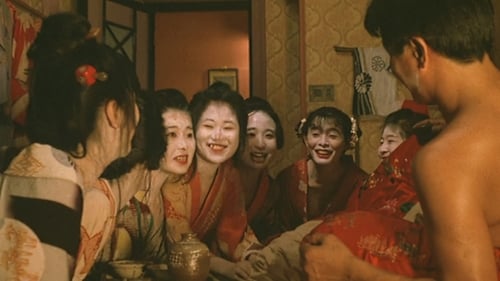
Director of Photography
At the time between the World Wars, Japan is involved in empire-building throughout East and Southeast Asia. After a brief career as a low-level military adventurer, Iheiji sets up chains of brothels throughout Asia. As Japan's power in the region grows, so does Iheiji's prosperity and patriotism.

Director of Photography
Two interns and a nurse are interrogated by American MPs for their involvement in an atrocity during the war: the vivisections of a downed American air crew.
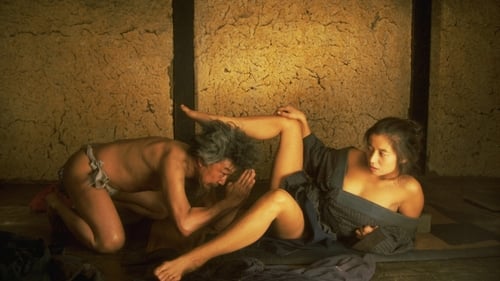
Director of Photography
Era una vieja ley del pueblo, de un tiempo tan lejano que ya nadie lo recordaba; Al alcanzar los 70 los ancianos debían abandonar el pueblo para ir a vivir en la cima de la montaña Narayama. Una sentencia de muerte despiadada que sumía en la tristeza y la desesperación a las familias cuando tenían que enviar a sus mayores a la montaña. Orin tiene 69 años y se acerca el momento de partir hacia la montaña, pero todavía tiene que encontrar una mujer a su hijo. Remake de la película "Narayama bushiko", dirigida en 1958 por Keisuke Kinoshita.
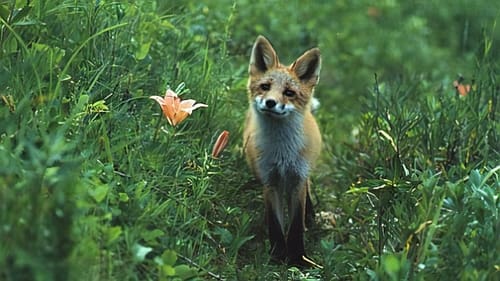
Cinematography
Director Koreyoshi Kurahara chronicles the lives of Flep and Leila, two foxes living in northern Japan. First, Flep must fight for Leila before the two can become partners and mate. After Flep defeats another male fox, he and Leila eventually produce a group of five cubs. However, with their family complete, the group must deal with human interferences in their habitat, such as chicken farms and snowmobiles, and fight against the debilitating cold of winter.

Director of Photography
“In Search of Unreturned Soldiers was about former soldiers of the Japanese army who chose not to return to Japan after the war. I found several of them who had remained in Thailand. Two years later, I invited one of them to make his first return visit to Japan and documented it in Outlaw-Matsu Returns Home. During the filming, my subject Fujita asked me to buy him a cleaver so that he could kill his ‘vicious brother.’ I was shocked, and asked him to wait a day so that I could plan how to film the scene. By the next morning, to my relief, Fujita had calmed down and changed his mind about killing his brother. But I couldn’t have had a sharper insight into the ethical questions provoked by this kind of documentary filmmaking.” —Shôhei Imamura
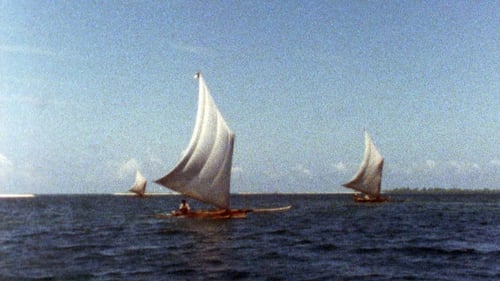
Director of Photography
By going to the Philippines, Imamura comes to meet people living in an extreme poverty. He discovers very quickly that some communities are under the control of cruel & armed pirates. Imamura will come to meet those men in order to understand their position.
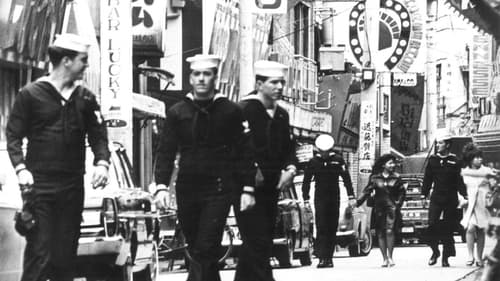
Director of Photography
A documentary film showcasing life in postwar Japan as seen through the eyes of a bar hostess.

Director of Photography
Un ingeniero de Tokyo llamado Kariya llega a una primitiva isla tropical para excavar un pozo que suministre agua a los campos de azúcar. En la isla, cuenta con la asistencia de Kametaro, un miembro de la familia Futori. Nekichi Futori está encadenado en un hoyo que debe ser excavado porque cree que debe apaciguar a los dioses antes de que acaben con la protección de la isla. Nekichi está enamorado de su hermana Uma, sacerdotisa chamán en el templo sagrado, que contiene el único agua potable cerca del campo de azúcar. Asimismo, ella es la amante de Ryu, el jefe del campo. El patriarca de los Futori intenta que el ingeniero se case con su hija retrasada Toriko. (FILMAFFINITY)












